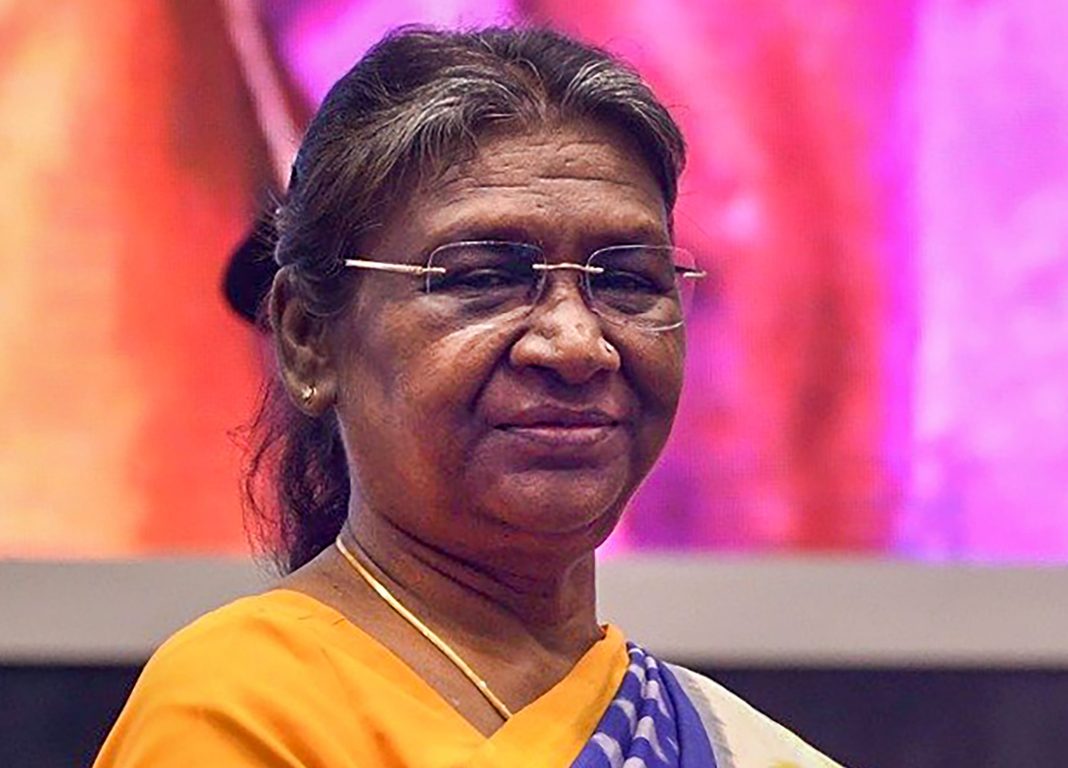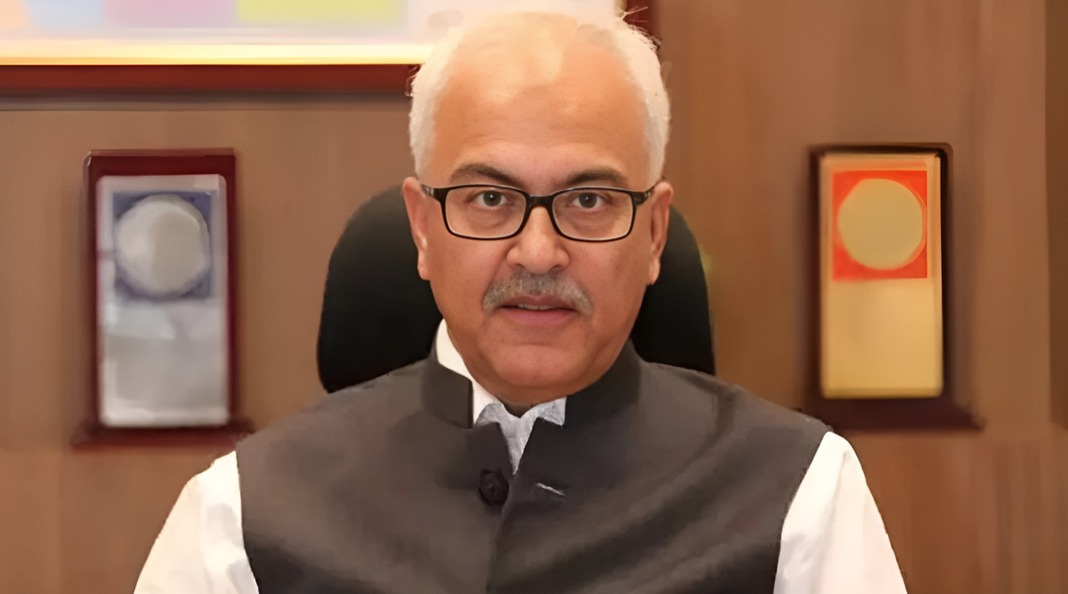Shillong, Jan 7: The World Bank’s Board of Executive Directors has approved a $35 million project to empower 500,000 adolescents in Meghalaya, addressing one of India’s most pressing educational and social challenges. The Meghalaya Multisectoral Project for Adolescent Wellbeing, Empowerment, and Resilience (MPOWER) is poised to transform the lives of the state’s youth by bridging education gaps, tackling dropout rates, and preparing them for meaningful careers.
A State of Challenges
Meghalaya, where adolescents account for over 24% of the population, faces daunting hurdles. School dropout rates are alarming—11% at the upper primary level, three times the national average, and a staggering 22% at the secondary level, nearly double the national figure. Add to this the growing concerns of substance abuse, early marriages, and teenage pregnancies, and the picture becomes even grimmer.
A Holistic Solution
MPOWER offers a comprehensive approach to address these issues. It aims to strengthen learning outcomes in grades 6–12 by closing gaps in reading and math skills while equipping students with life skills and mental health awareness. Special attention will be given to re-engaging students who have already dropped out.
The project also seeks to nurture entrepreneurship among out-of-school adolescents through business skills training, in collaboration with the Meghalaya State Skills Development Society.
Community-Led Change
The initiative doesn’t stop at classrooms. MPOWER will leverage mentoring programs, community clubs, and innovative web platforms to foster learning outside of school. Parents will play a pivotal role, working alongside students to create a supportive environment. Additionally, the program will provide critical information on sexual and reproductive health to combat teenage pregnancies and ensure school completion.
Global Insights, Local Impact
“This holistic wellbeing approach reflects lessons from states like Jharkhand and countries such as Tanzania and Bangladesh, where similar initiatives have significantly improved adolescent learning outcomes,” said Auguste Tano Kouamé, the World Bank’s Country Director for India.
The project underscores a critical international insight: completing education dramatically improves the likelihood of securing quality jobs.




